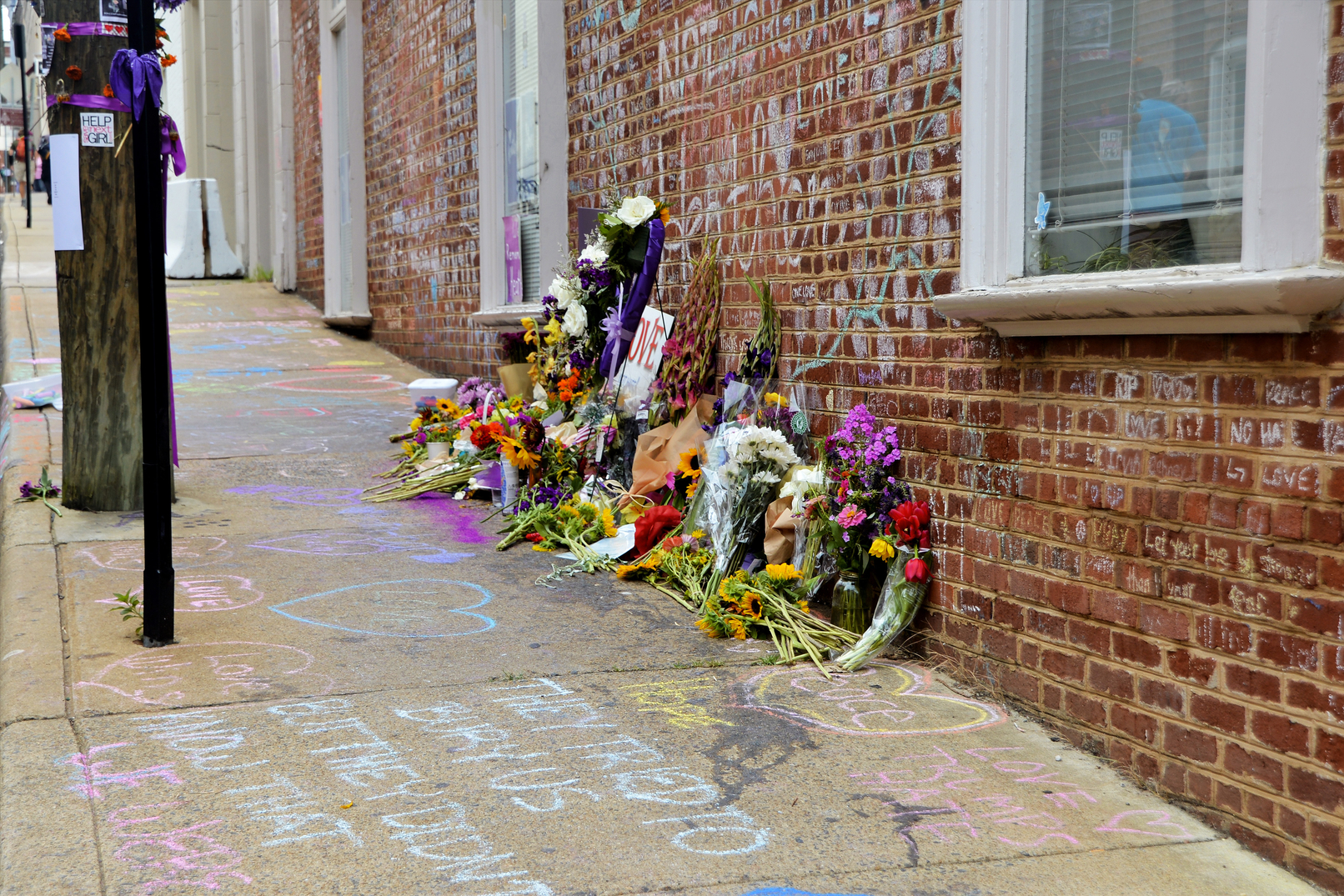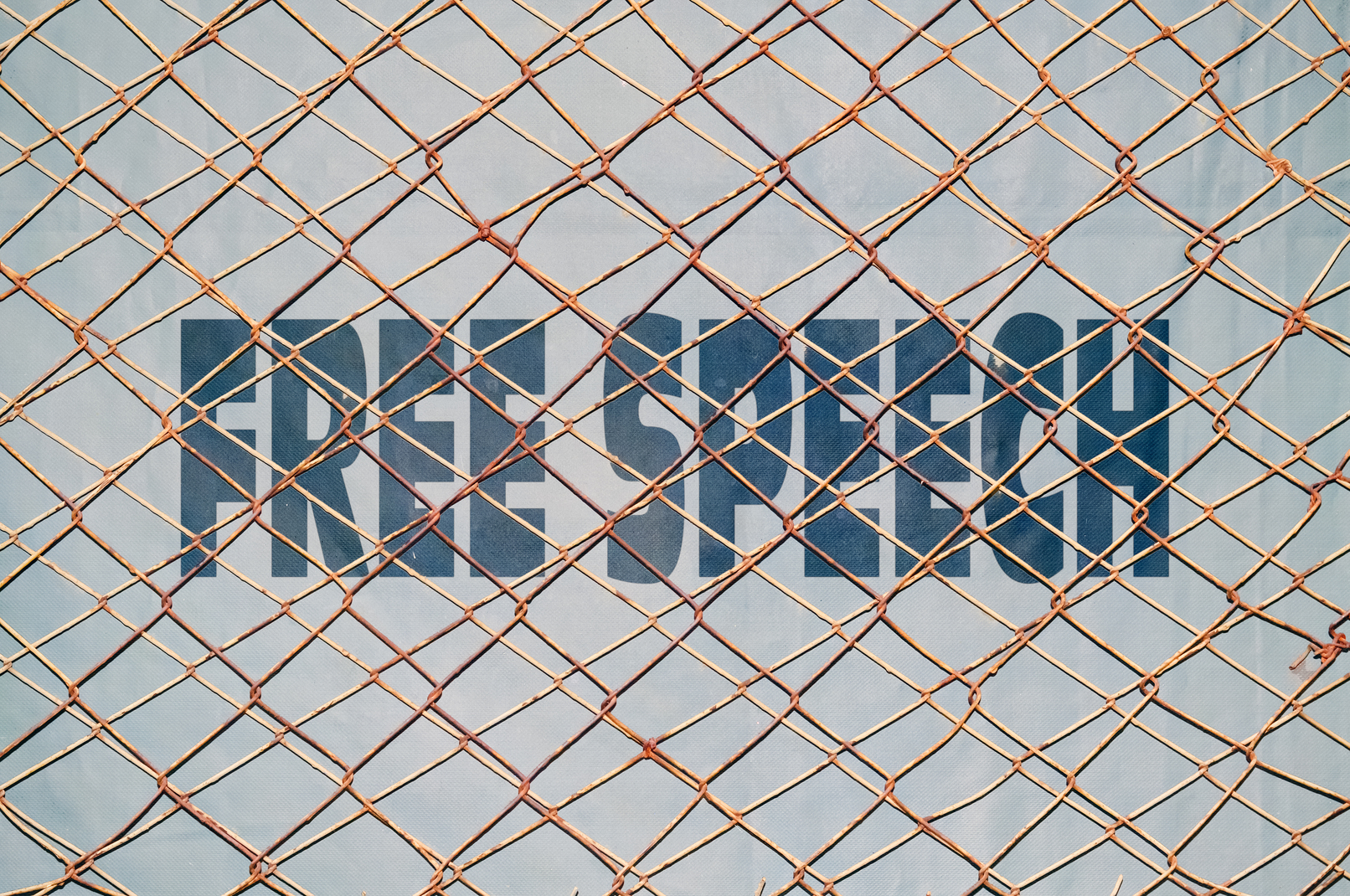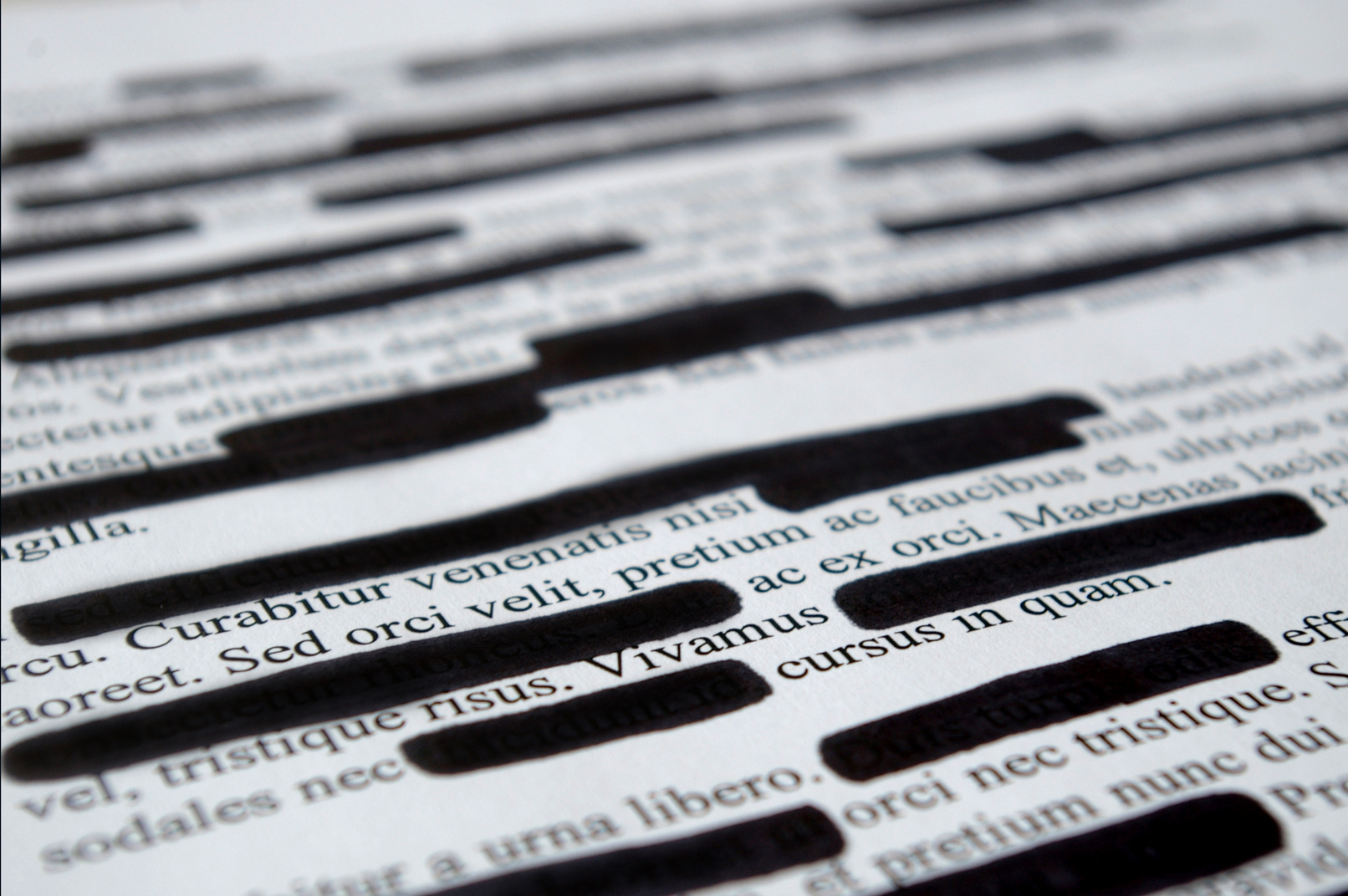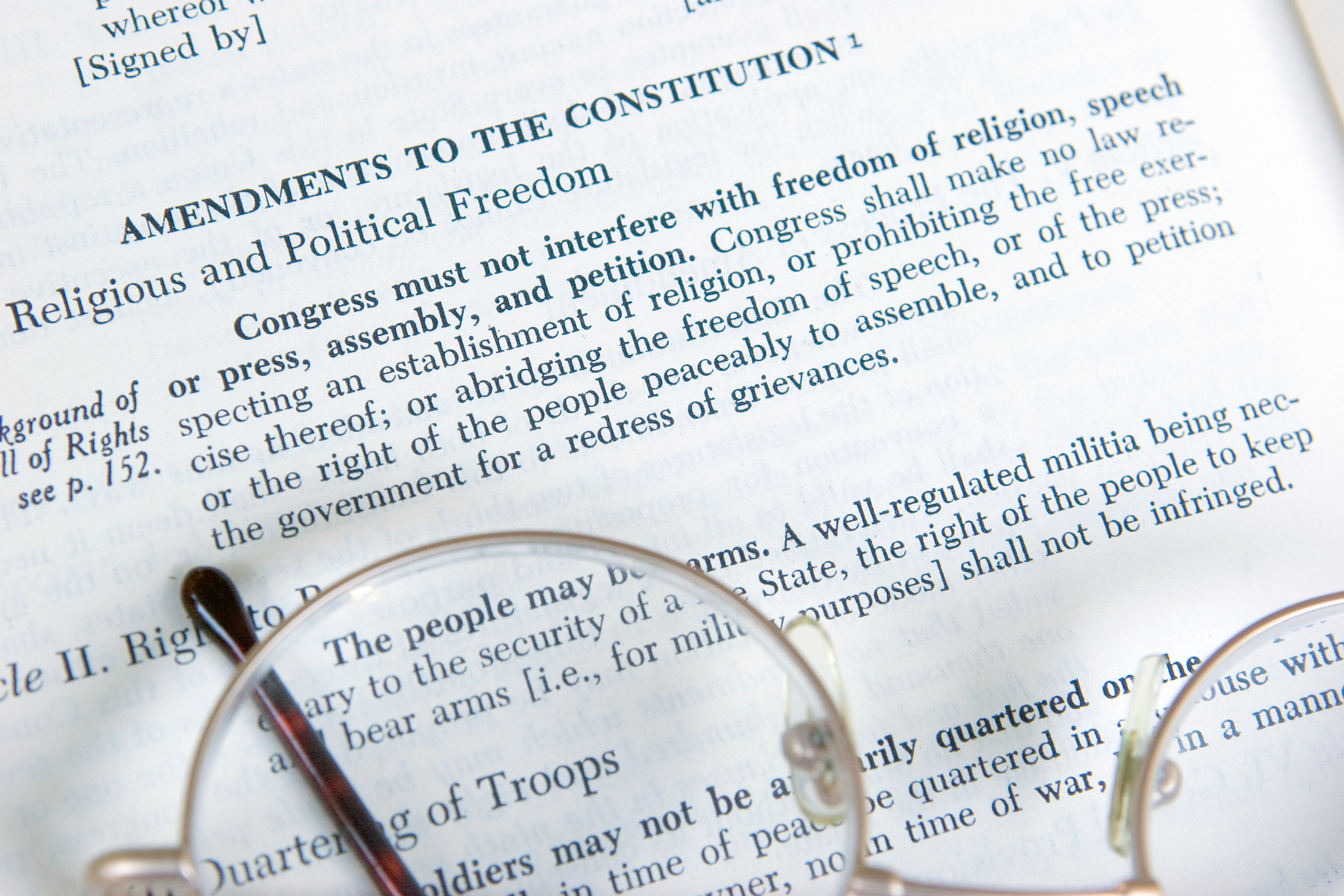A Las Vegas resident has filed a lawsuit against the City of Sacramento, California regarding a section of the city code that requires people to stand when the national anthem is played. He alleges that he plans to attend at least one Sacramento Kings NBA game in the foreseeable future, but that it will be impossible for him to go if he must subject himself to criminal prosecution for exercising his freedom of speech by refusing to stand for the anthem at such an event.
Articles Tagged with first amendment
Two plaintiffs have filed a lawsuit against the City of Cincinnati, alleging violations of the First and Fourteenth Amendments arising from the curfew the City recently imposed in light of ongoing protests against police violence and systemic racism. The plaintiffs state that they wanted to participate in the protests, but did not for fear of being subjected to arrest or injury due to police use of tear gas, pepper projectiles, rubber bullets, and other displays of force.
A federal district court judge ruled that Google is not a state actor, so the First Amendment does not apply to its efforts to regulate its platform.
Plaintiffs in a lawsuit against the organizers of a 2017 white power rally in Charlottesville, Virginia are seeking to invoke a Civil War-era statute in utilizing the defendants' online statements to prove that they engaged in an illegal conspiracy to commit racially motivated violence. Defendants insist that their actions are protected by the First Amendment, though the judge in this case has declined to dismiss the plaintiffs' complaint on free speech grounds. The outcome of this case will likely be a strong indicator of whether and to what extent the statute at issue can be relied upon to curb online hate speech and its consequences.
On Tuesday, July 9, 2019, the United States Court of Appeals for the Second Circuit held that President Donald J. Trump engaged in unconstitutional viewpoint discrimination, in violation of the First Amendment, by blocking certain users' access to his Twitter account based on those users' speech on Twitter. The Knight First Amendment Institute at Columbia University sued the President on behalf of seven Twitter users who were blocked from the President's Twitter account after said users tweeted replies to the President critical of his personality and policies. Judge Barrington D. Parker concluded "that the First Amendment does not permit a public official who utilizes a social media account for all manner of official purposes to exclude persons from an otherwise-open online dialogue because they expressed views with which the official disagrees."
On Monday, June 24, 2019, the United States Supreme Court issued a decision in Iancu v. Brunetti, 588 U.S. ___ (2019), holding that the Lanham Act's bar on registration of immoral or scandalous trademarks violates the First Amendment. At issue in the case is the trademark FUCT, pronounced as four letters, which is the clothing brand founded by Erik Brunetti. Justice Elena Kagan, writing for the majority, wrote that the Lanham Act's bar on immoral or scandalous trademarks is viewpoint-based discrimination in violation of the First Amendment.
The ruling stemmed from the arrest of a man who had yelled "f--- you" out of his car window at an Arkansas state trooper.
The Third Circuit Court of Appeals ruled that the city was justified in attempting to prevent sexual orientation discrimination by withholding referrals of foster children to agencies that do not work with same-sex parents. It did not find any religious persecution or bias that would make the policy unconstitutional under the First Amendment.
On Tuesday, April 2, 2019, the American Civil Liberties Union and the Knight First Amendment Institute at Columbia University filed a lawsuit in the United States District Court, District of Maryland, on behalf of five former federal employees challenging the constitutionality of prepublication review. Former government and intelligence agency employees must submit manuscripts and drafts for government review before publication due to a lifelong obligation to keep national security secrets for as long as the information is considered classified by the government. The lawsuit alleges violations of both the First Amendment and the Fifth Amendment.
On Tuesday, February 19, 2019, the United States Supreme Court denied certiorari in Katherine Mae McKee v. William H. Cosby, Jr., 586 U.S. ___ (2019), a lawsuit concerning Katherine McKee's claim against Bill Cosby for defamation where Cosby's lawyers released a letter allegedly damaging McKee's reputation for truthfulness and honesty. The First Circuit found McKee became a limited-purpose public figure when she made sexual assault allegations against Bill Cosby and, as such, would need to prove that the statements in the letter were both false and made with actual malice. United States Supreme Court Justice Clarence Thomas, writing a concurring opinion in the Supreme Court's denial of certiorari, called for a reconsideration of the doctrinal basis for First Amendment cases concerning defamation and libel.










